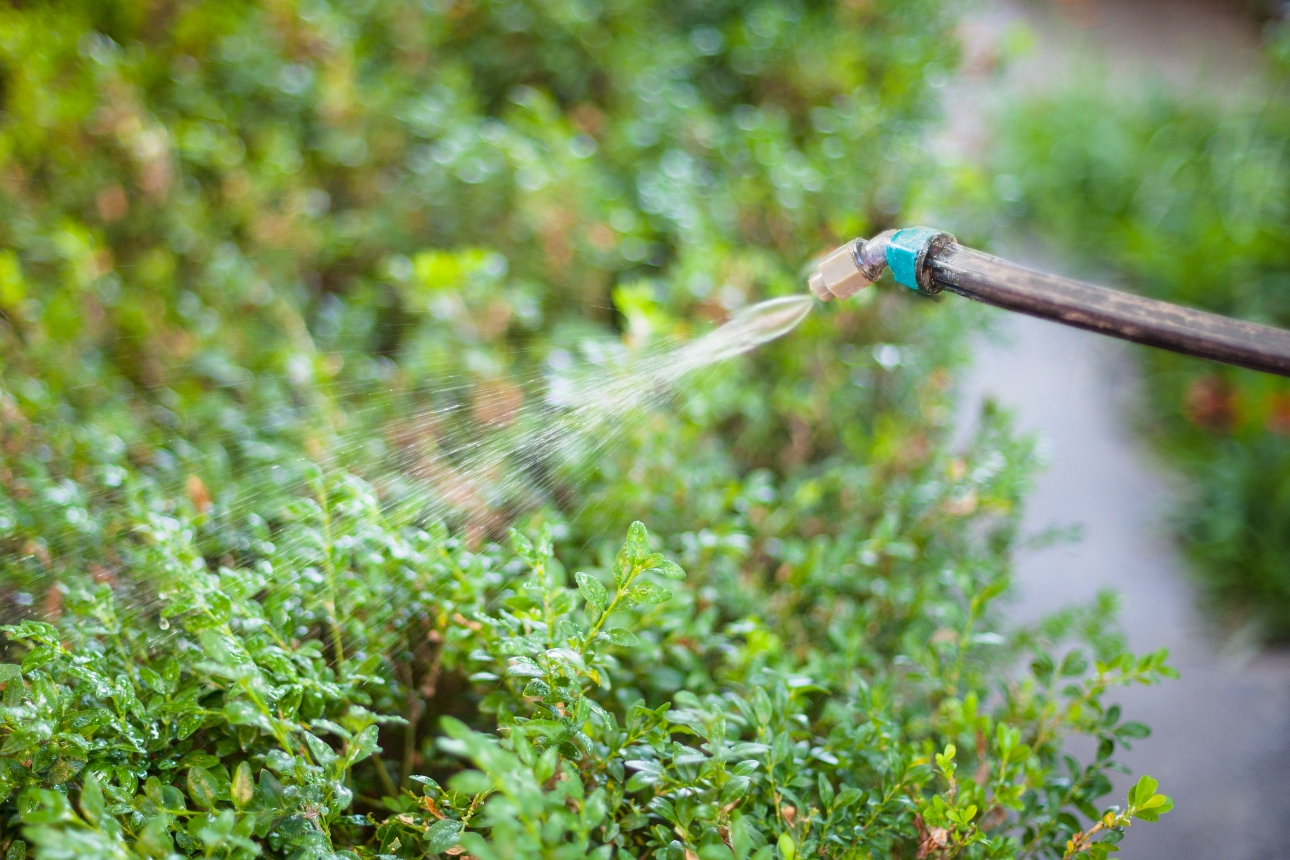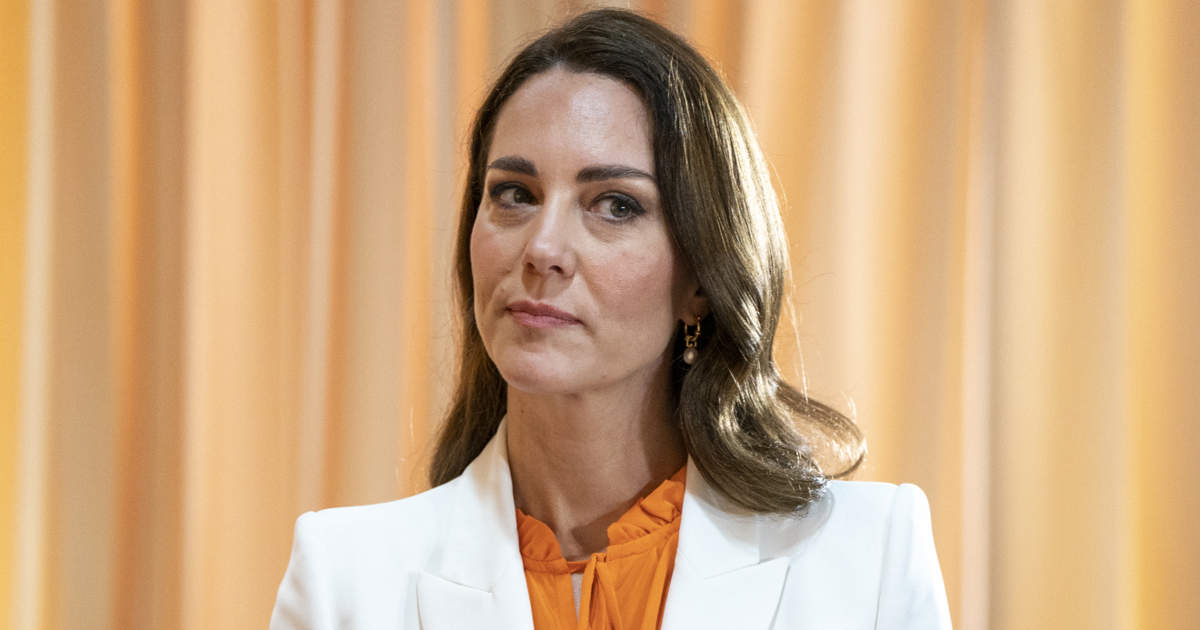The Cipreses Ecological Front is one of the community organizations that condemns the pollution of their water sources with Chloratonil, in the Oreamuno de Cartago area.
Recently, the Front announced that officials from the Ministry of Health informed them about this signing the decision to ban this pesticide by the Minister of Health, Mary Muniveand Minister of Environment and Energy, Franz Tattenbach.
Based on information received by citizens, the signature of the President of the Republic is missing, Rodrigo Chaves, who holds the document in his hand; However, also the Minister of Agriculture and Livestock, Victor Carvajal, you have to sign it.
Starting December 6, pesticides must be banned in accordance with the resolution of Chamber IV
The Front entered Room IV after learning of the contamination of two aqueducts in the northern region of Cartago, which provide water to nearly 10,000 people in the communities of Cipreses and Santa Rosa de Oreamuno.
The Chamber’s decision indicates that the minister Munif and AI Director of the Oreamuno Health Government Area, Fiorella Fait, They must coordinate with the authorities of the Ministry of Agriculture and Livestock (MAG), the Ministry of Environment and Energy (MINAE) and the Costa Rican Institute of Water and Sewerage (AyA), so that on December 6, 2023, the banning of chlorothalonil.
Last September, more than 51,000 people from all over the world signed a petition asking the Legislative Council to approve project 23,783, which regulates highly dangerous pesticides.
Some of the most widely used agricultural chemicals in Costa Rica are mancozb, glyphosate, chlorothalonil, etopophros and diazinon, which are classified by the World Health Organization (WHO) as having high health risks.
The risk of contact with these materials is that in the short term you can experience effects such as damage to the liver, kidneys, lungs, nervous and immune systems, etc.
Switzerland, Palestine, Saudi Arabia, the UK and the European Union are some of the countries that have banned Chlorothalonil.

“Internet trailblazer. Troublemaker. Passionate alcohol lover. Beer advocate. Zombie ninja.”







